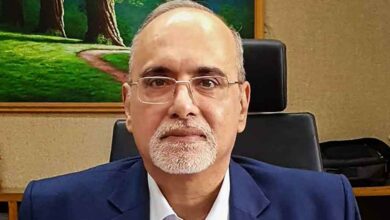
China’s economy is about to get a boost as the government has declared its manufacturing industry open for full foreign investors from November 1. The National Development and Reform Commission (NDRC) said it would remove the last barriers to foreign investment in manufacturing and cut the list of sectors that remain restricted for overseas investors.
Some alterations include minor restrictions revocations, such as Mandarin majority control of printing factories or bans against investing in Chinese herbal medicine production. In the above context, the government would like to improve the service industry by increasing international investment in the services market.
Similarly, China is also implementing new policies that approximate healthcare sector liberalization. Foreign investments will be allowed in the pilot free trade zones in major cities, including Beijing, Shanghai, Guangzhou, etc., regarding the provisions and use of stem cell technology, gene diagnosis, and the like. Only registered healthcare products can be marketed across the country.
Further, the government will allow foreign investors to invest in wholly foreign-owned hospitals in several cities, such as Shanghai and Shenzhen. However, the absorption of public hospitals/facilities that practice Traditional Chinese Medicine is still banned. These new policies became effective on the first day of this year, which is a clear indication of the Chinese government’s push towards foreign capital attraction.



